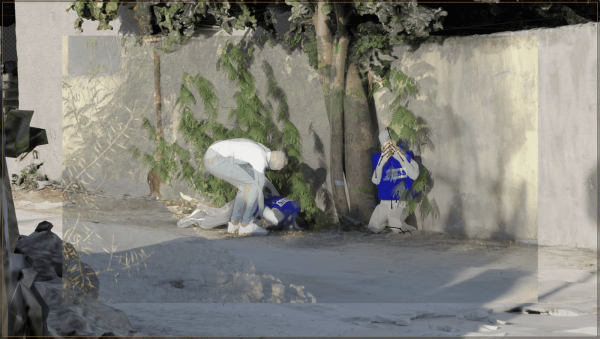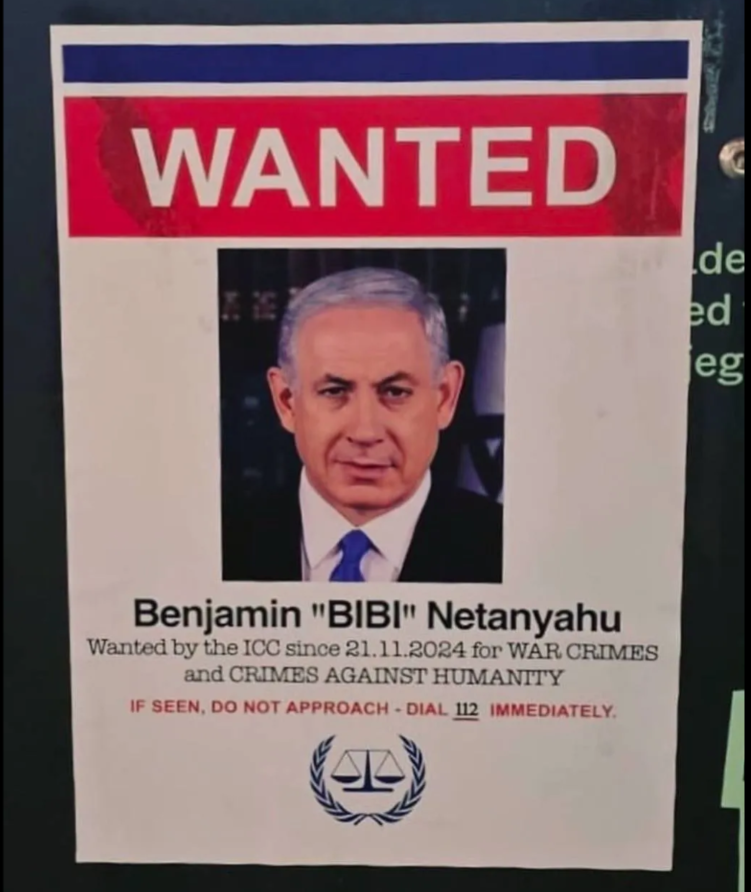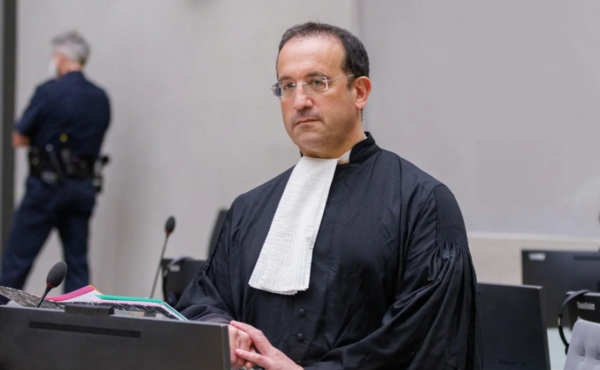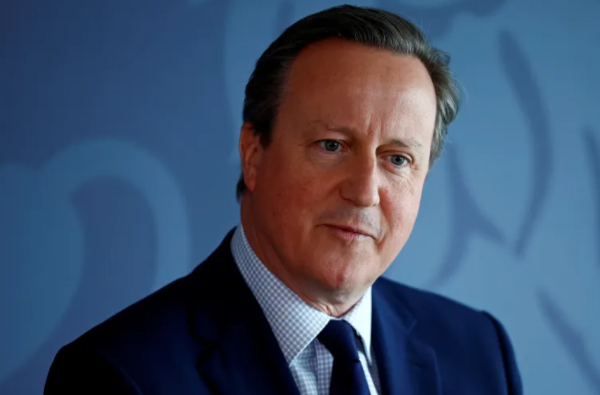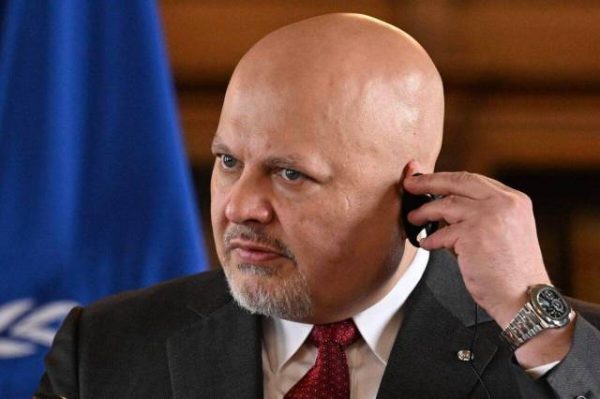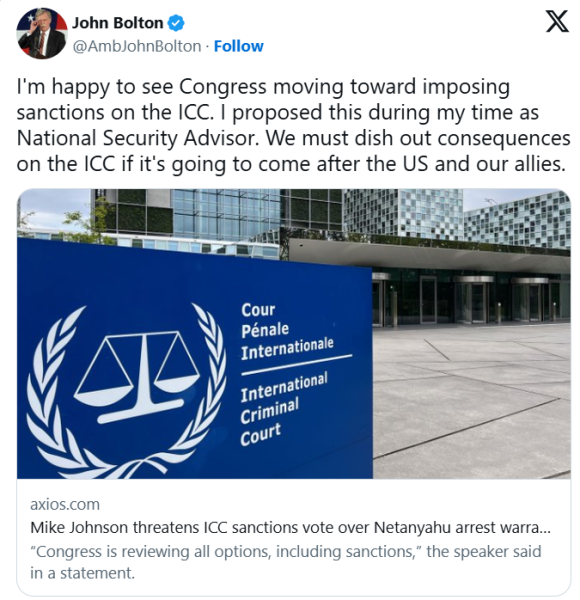
They called him a terrorist. They imprisoned him in Guantanamo for five years. They put a $10 million bounty on his head. Now, they welcome him as a political leader. The story of Jolani—from US-designated terrorist to American negotiating partner—exposes the brutal truth of modern empire: Washington has no permanent enemies, only permanent interests.
The Unthinkable Meeting
When Jolani—once leader of the Al-Nusra Front, Al-Qaeda’s Syrian branch—met with US officials, no official ceremony was held. No press releases celebrated the encounter. The meeting was too shameful, too revealing. Here was a man America had once vowed to eliminate, now being treated as a geopolitical player. The American people, and the world, were expected to ignore the hypocrisy.
But we should not. This meeting reveals the three fundamental rules of American foreign policy:
-
Everyone has a price
-
Every principle is negotiable
-
Every “terrorist” is a potential partner if he serves US interests

when the Islamist group Hay’at Tahrir al-Sham (HTS) swept to power in Damascus, European diplomats and Arab leaders have been meeting the now well-dressed ex-ISIS, ex-Al Qaeda commander al-Jolani in order to launder the new regime’s image—with the help of the capitalist press. Now we see the real face of their friends in Damascus. Since Friday, March 7, fighters loyal to the al-Jolani regime have swept through coastal villages, towns, and cities, carrying out a pogrom that has left over 1,200 Alawite civilians dead so far—men, women, and children killed for being Alawites.
The Taliban Playbook, Revisited
We have seen this movie before. After the 9/11 attacks, the US invaded Afghanistan to destroy the Taliban. For twenty years, American soldiers died fighting them. Then, in 2021, the US withdrew—and effectively handed the country back to the same Taliban they had vowed to eliminate.
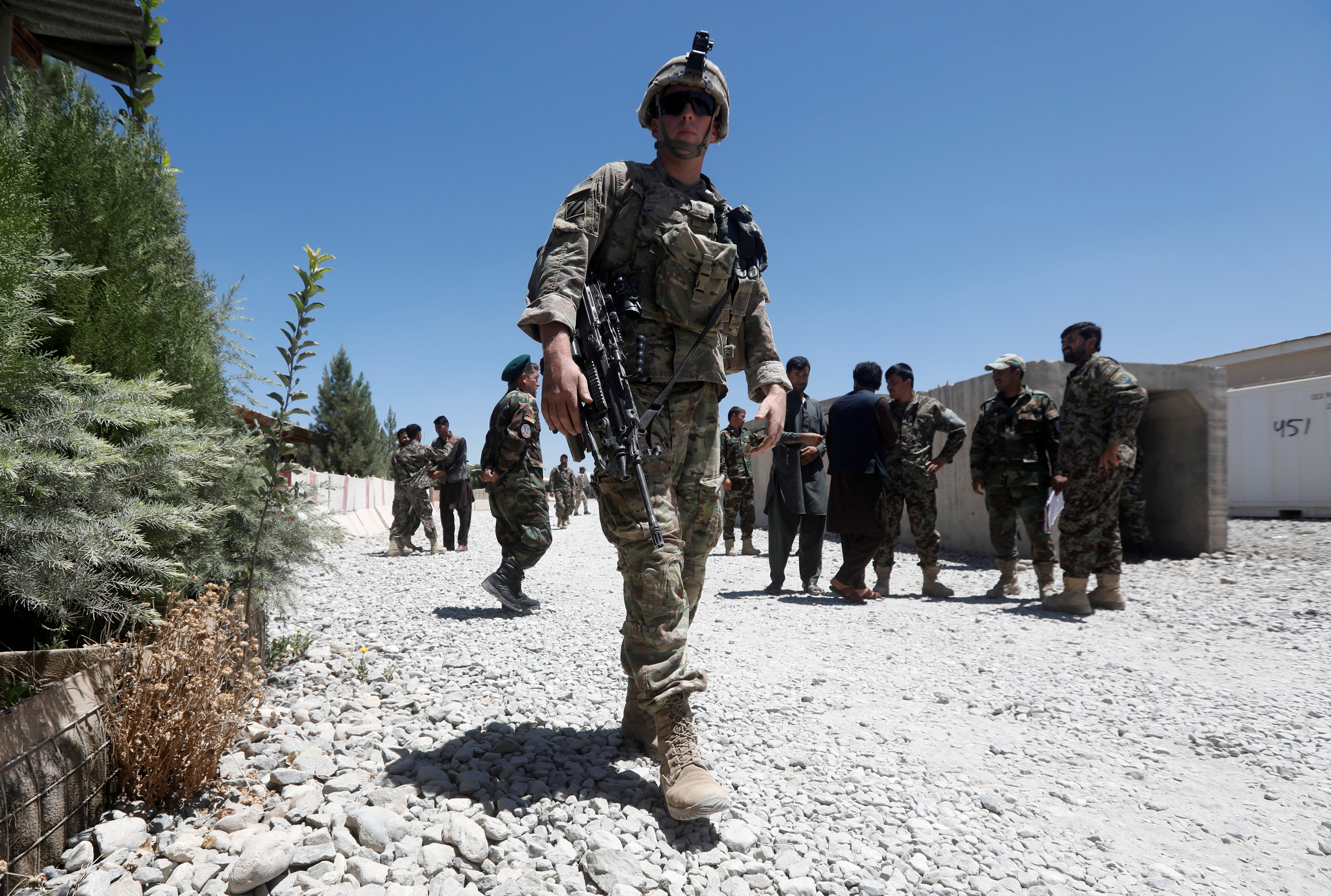
The message was clear: the “war on terror” was never about morality. It was about strategy. When the Taliban became useful—as a counterweight to ISIS, as a stabilizing force, as a way to exit a losing war—they transformed from terrorists to partners.

Jolani is following the same path. Once too dangerous to live, he is now too important to ignore.
Why Embrace a “Terrorist”? Israel’s Security and Regional Dominance
The US embrace of Jolani serves multiple strategic purposes:
-
Securing Israel: A friendly actor in Syria reduces threats to Israel’s northern border
-
Pushing Out Rivals: Marginalizing Turkey, Russia, and Saudi Arabia from influence in Syria
-
Creating Leverage: Jolani becomes a card to play against Damascus and its allies
The goal is not peace. The goal is control—and Jolani, for now, is a useful tool to maintain it.
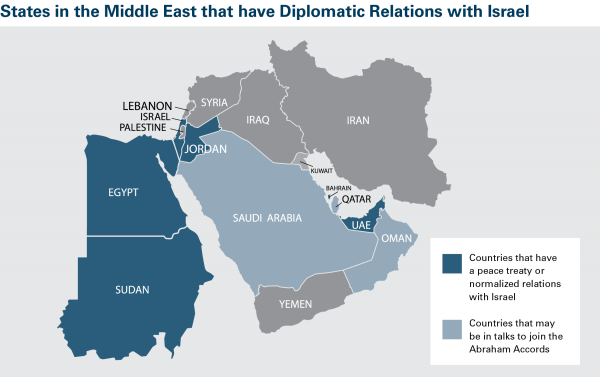
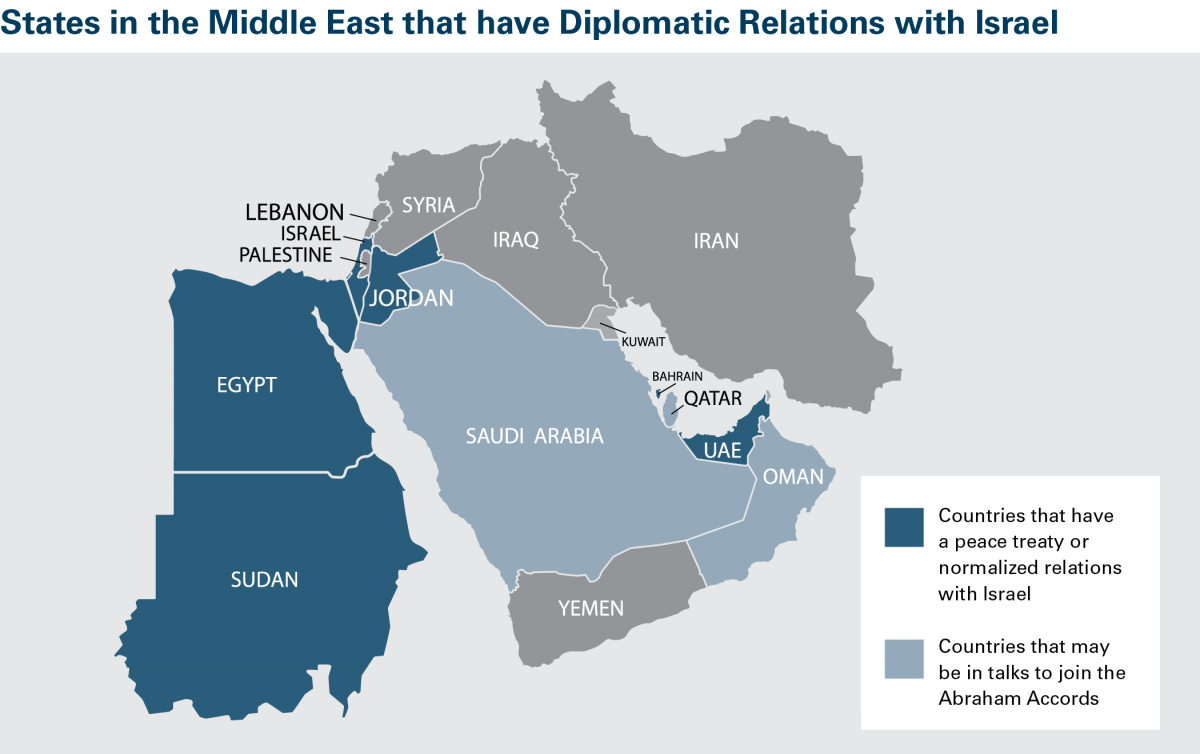

The Collapse of Western Liberal Democracy’s Moral Authority
Western leaders once claimed their foreign policy was based on values—human rights, democracy, the rule of law. The Jolani meeting proves this was always a lie. Liberal democracy, in practice, has no intellectual or moral barriers when power is at stake.
The same Western nations that lecture the Global South about terrorism today negotiate with terrorists tomorrow. The same countries that invade nations to “spread democracy” later empower the very extremists they claimed to be fighting.

Syria Will Survive This Too
Despite American attempts to carve up Syria through proxies like Jolani, the Syrian people have repeatedly demonstrated their commitment to territorial integrity. Syria is not a board game for foreign powers—it is a nation with a rich history and a resilient population.
The field may be narrow for terrorists and their sponsors, but Syria has survived empires before. It will survive this chapter of American hypocrisy too.
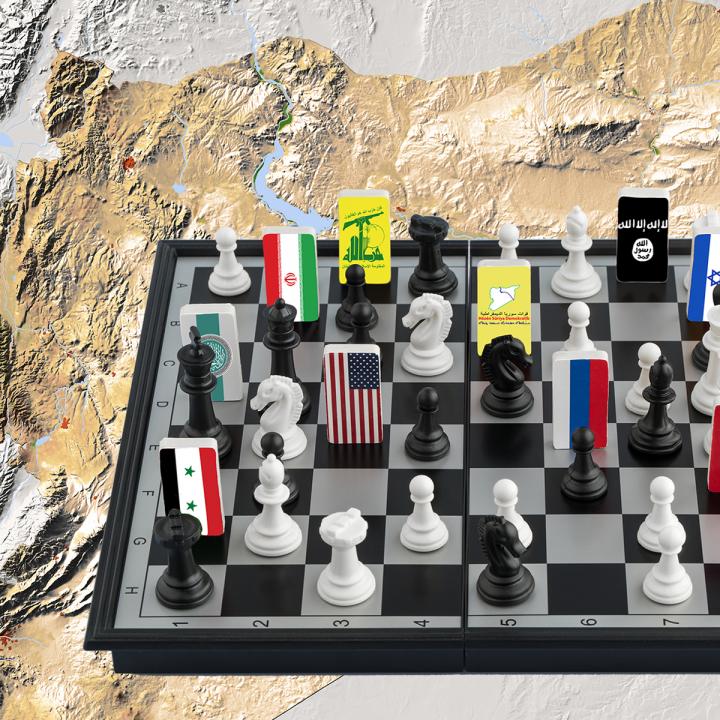
Conclusion: The Mask Is Off
The journey of Jolani—from Guantanamo to geopolitical player—is not an anomaly. It is the logical endpoint of an empire that recognizes no rules but its own advantage. When the US hugs terrorists, it is not making peace. It is making calculations.
The world should see this clearly: America’s only lasting principle is power. And as that power wanes, its embrace grows more desperate, more hypocritical, and more revealing.





